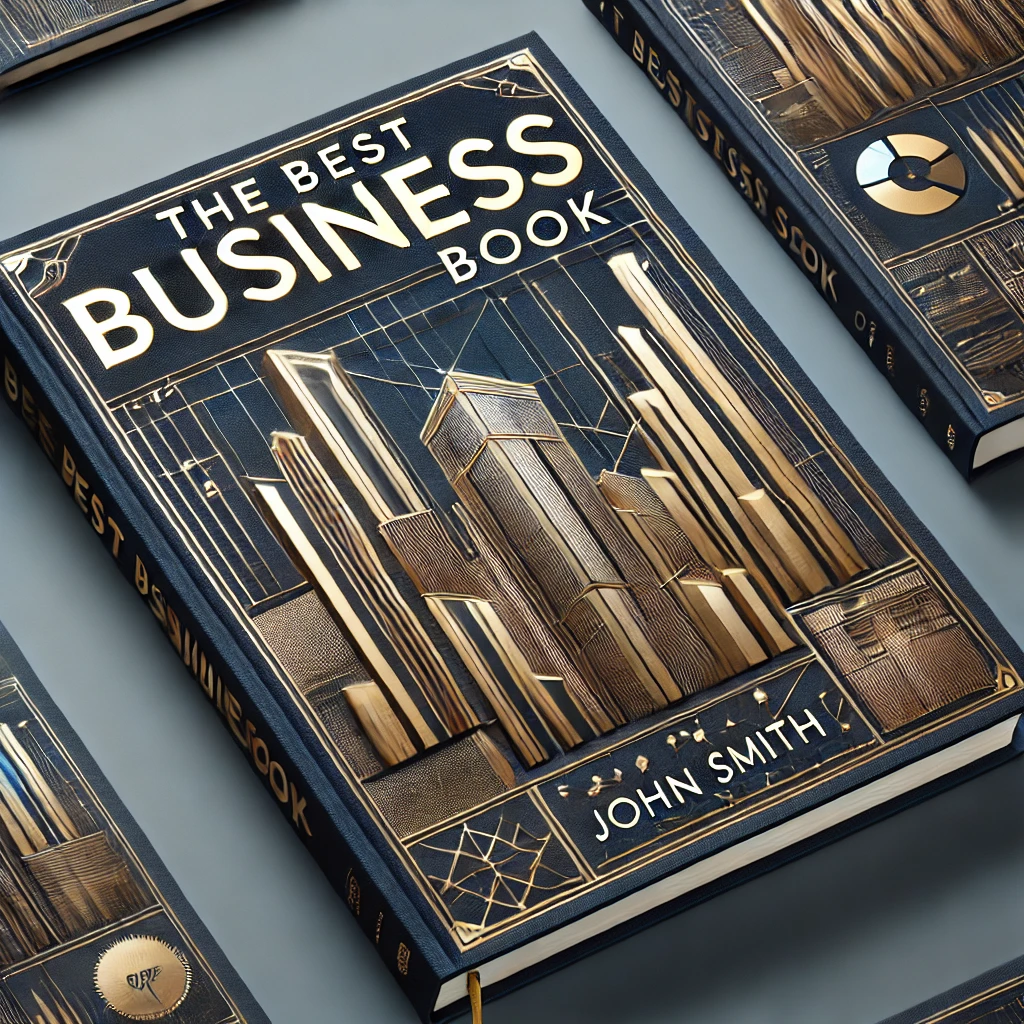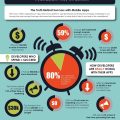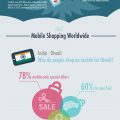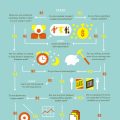10 Of The Best Business Books Out There
Books about business? There is a lot of them out there… So how to find some of the best ones? I think best is relative, it’s not the same for everyone! So if you’re looking for your best set of books, here are 10 suggestions that you’ll have no regrets checking up…
Alright, let’s dive into that… Whether you’re a budding entrepreneur or a seasoned executive, these books offer timeless wisdom and practical advice. So, grab a cup of coffee, sit back, and let’s explore these must-reads.
1. “Thinking, Fast and Slow” by Daniel Kahneman
Daniel Kahneman, a Nobel Prize-winning psychologist, explores the dual systems that drive our thinking: the fast, intuitive System 1 and the slow, deliberate System 2. The book delves into how these systems shape our judgments and decisions, often leading to biases and errors.
Why It’s a Must-Read: Understanding these cognitive processes helps in improving decision-making, reducing biases, and enhancing strategic thinking in business.
Key Insights:
- Anchoring Effect: How initial exposure to a number influences subsequent judgments.
- Loss Aversion: Our tendency to prefer avoiding losses over acquiring equivalent gains.
- Overconfidence: The common bias of overestimating our knowledge and abilities.
Sources: NPR, The Guardian
2. “Good to Great” by Jim Collins
Jim Collins and his research team studied over 1,400 companies to identify what makes a good company become great. They distilled their findings into actionable principles that any business can apply to achieve greatness.
Why It’s a Must-Read: The book offers a data-driven approach to business transformation, backed by extensive research.
Key Insights:
- Level 5 Leadership: Leaders who combine personal humility with professional will.
- The Hedgehog Concept: The intersection of what you are deeply passionate about, what you can be the best in the world at, and what drives your economic engine.
Sources: Jim Collins, Harvard Business Review
3. “The Lean Startup” by Eric Ries
Eric Ries introduces a methodology for developing businesses and products through validated learning, rapid experimentation, and iterative product releases. The lean startup approach helps entrepreneurs build sustainable businesses by focusing on customer feedback and agile development.
Why It’s a Must-Read: It provides a practical framework for reducing waste and increasing efficiency in startups.
Key Insights:
- Build-Measure-Learn Loop: A cycle that helps startups refine their product based on user feedback.
- Minimum Viable Product (MVP): The simplest version of a product that can be released to start the learning process.
Sources: The Lean Startup, Forbes
4. “How to Win Friends and Influence People” by Dale Carnegie
This timeless classic offers practical advice on improving interpersonal skills and building effective relationships. Dale Carnegie provides strategies for winning people over, making others feel important, and handling difficult situations gracefully.
Why It’s a Must-Read: Mastering interpersonal skills is crucial for business success, and this book provides proven techniques for doing just that.
Key Insights:
- Six Ways to Make People Like You: Includes principles like becoming genuinely interested in other people and remembering their names.
- Twelve Ways to Win People to Your Way of Thinking: Such as avoiding arguments and showing respect for the other person’s opinions.
Sources: Dale Carnegie, Business Insider
5. “The Innovator’s Dilemma” by Clayton M. Christensen
Clayton Christensen explains why successful companies can fail despite doing everything right, due to disruptive technologies. He provides a framework for managing disruptive innovation and maintaining competitiveness.
Why It’s a Must-Read: Understanding the dynamics of disruptive innovation is essential for staying ahead in fast-changing markets.
Key Insights:
- Disruptive Technologies: Innovations that initially serve a niche market but eventually overtake established products.
- Sustaining Innovations: Improvements to existing products that help maintain market position.
Sources: Harvard Business Review, Christensen Institute
6. “Zero to One” by Peter Thiel with Blake Masters
Peter Thiel argues that true innovation comes from creating something new (going from zero to one) rather than copying what already exists (going from one to n). The book provides insights on how to build unique, groundbreaking businesses.
Why It’s a Must-Read: It challenges conventional wisdom and encourages innovative thinking.
Key Insights:
- Monopoly vs. Competition: Thiel argues that monopolies drive progress because they can focus on long-term innovation.
- Secrets: The importance of discovering and acting on secrets that others have not yet realized.
Sources: Zero to One, The Guardian
7. “Start with Why” by Simon Sinek
Simon Sinek emphasizes the importance of knowing your “why” – your purpose, cause, or belief that inspires you to do what you do. He explains how starting with why can lead to greater success and fulfillment in business and life.
Why It’s a Must-Read: It provides a powerful framework for leadership and organizational success.
Key Insights:
- The Golden Circle: A model that starts with why (the core belief), then moves to how (the process), and finally what (the result).
- Inspiring Leadership: People are more likely to follow leaders who clearly communicate their purpose and vision.
Sources: Start with Why, TED Talks
8. “Rich Dad Poor Dad” by Robert T. Kiyosaki
Robert Kiyosaki contrasts the financial philosophies of his “rich dad” (his best friend’s father) and “poor dad” (his biological father). The book covers the basics of managing money, investing, and building wealth.
Why It’s a Must-Read: It shifts your mindset about money and provides foundational knowledge for financial independence.
Key Insights:
- Assets vs. Liabilities: Focus on acquiring assets that generate income and avoiding liabilities that drain it.
- Financial Education: The importance of financial literacy and lifelong learning about money management.
Sources: Rich Dad, Investopedia
9. “The 7 Habits of Highly Effective People” by Stephen R. Covey
Stephen Covey’s book outlines seven habits that can help individuals become more effective in personal and professional life. The habits are based on principles of fairness, integrity, honesty, and human dignity.
Why It’s a Must-Read: The principles are universal and can help improve productivity, relationships, and overall effectiveness.
Key Insights:
- Be Proactive: Take responsibility for your actions and behaviors.
- Begin with the End in Mind: Define clear goals and envision your desired outcomes.
Sources: FranklinCovey, The 7 Habits
10. “Principles: Life and Work” by Ray Dalio
Ray Dalio, the founder of Bridgewater Associates, shares the principles that have guided his life and career. The book offers practical advice on decision-making, management, and investing.
Why It’s a Must-Read: It provides a detailed look at the principles behind one of the world’s most successful investors and business leaders.
Key Insights:
- Radical Transparency: Advocating for a culture of openness and honesty.
- Idea Meritocracy: Creating an environment where the best ideas win, regardless of where they come from.
Sources: Principles
These books collectively offer a wealth of knowledge on various aspects of business, from leadership and innovation to financial management and personal effectiveness. They are invaluable resources for anyone looking to succeed in the world of business. So, pick one up, relax, and get ready to learn from some of the best minds in the field.








